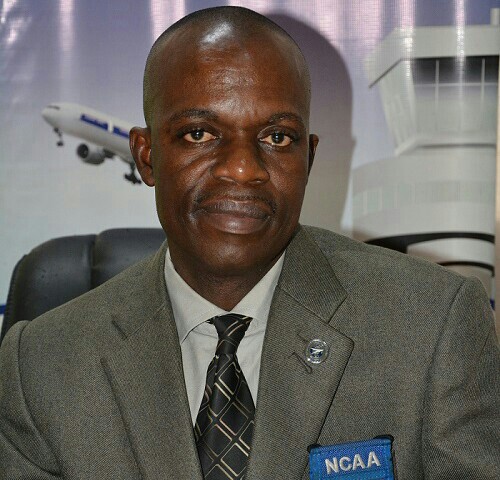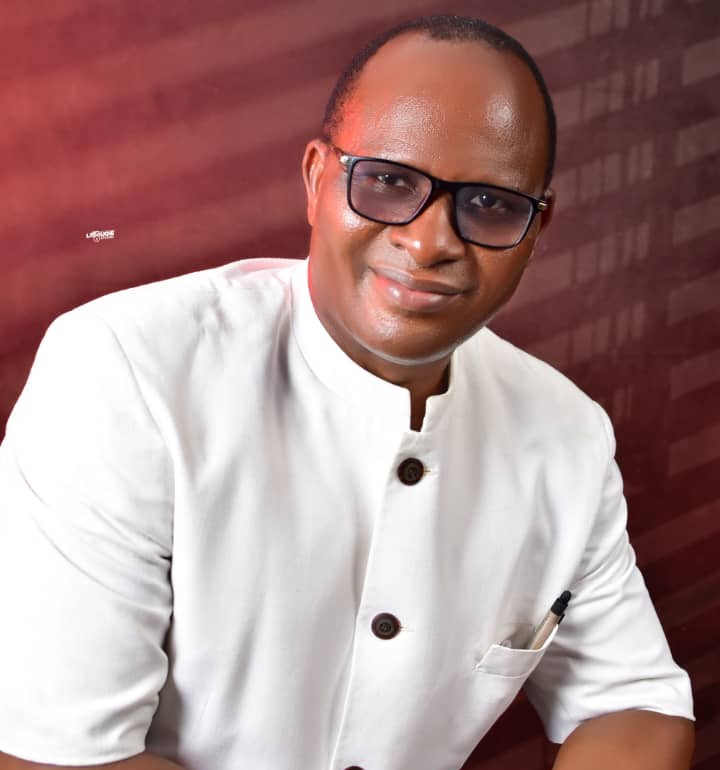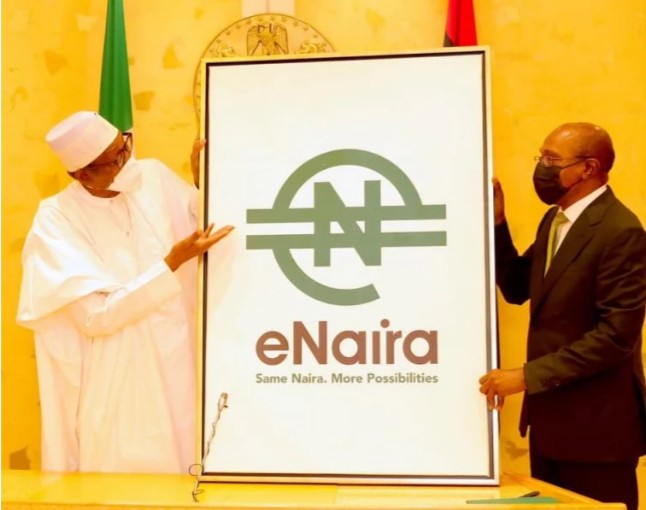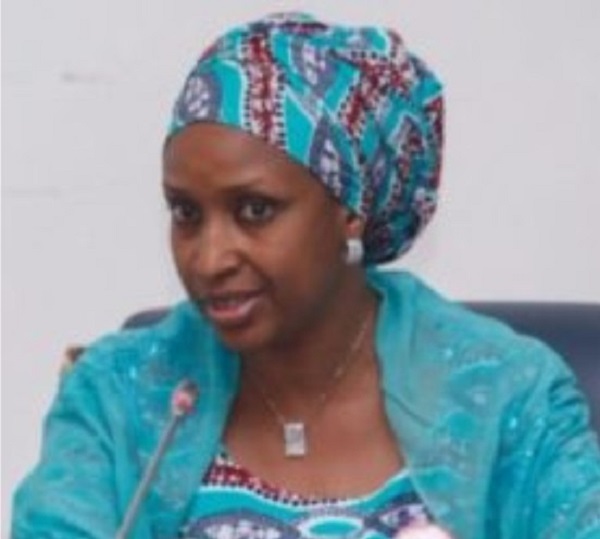Local Airlines Should Grow Capacity And Partner With Foreign Counterparts – Adurogboye

By Okuneye Moyosola
Mr. Sam Adurogboye is the General Manager, Public Affairs at Nigerian Civil Aviation Authority (NCAA). In this interview with MMS Plus Newspaper, he shares his perspective on having a national carrier. He also talks about the importance of partnership between local and foreign airlines. He also discussed other pertinent aviation sector issues.
When did you attain this position?
I started my journey into this career as a pioneer staff in the year 2000 as the principal public relations officer and moved to be the Acting General Manager, Public Relations, Nigerian Civil Aviation Authority. I was appointed last year officially as the General Manager.
What have been the challenges so far?
One of the major challenge is that Public Relations is seen as a department that likes spending money and sometimes we are not appreciated for what we do. What we do is not quantifiable until there is a crisis and we only become appreciated during this period. We are fortunate to be appreciated in NCAA in the sense that we work to prevent crisis. The agency has never experienced crisis since it was established except the year we have one or two accidents that shook us to the foundation. That was the only time our effort was appreciated. There hasn’t been any crisis whether industrial or scandalous.
So, we work to identify issues and manage it in a way that it doesn’t lead to conflict. Some organizations don’t know that it is better to practice preventive public relations than managing crisis.
Another challenge is inadequate funding. There are so many things that need funding such as training, purchase of tools and other materials. Sometimes we don’t get what we need because of inadequate funds.
What is your take on the country having a national carrier sir?
First of all, as a Civil Aviation Authority which is a government agency, we exist to enforce government’s policy on aviation. We also offer advice which will be strictly between the authority and the government. If it is the government policy to have a national carrier, it is our duty to ensure that it works. We have no objection to that, but personally I would prefer a case where we empower an airline, encourage those we have, allow a flag carrier emerge among them and support them to thrive. Only few countries have national carrier, what most countries have is flag carrier. This is carrier that will emerge with private investors that will have the backing of the government which will enable them to make business decisions.
If we talk about national carrier solely owned by government, we must know that sometimes government does not exist to make profit. For example, government can tell the carrier to take the Super Eagles to a certain destination but they won’t pay. The airline will make use of fuel, pay charges and would not be paid for the services rendered.
However, if it’s a flag carrier owned by private investors, the football team will pay for the services because the government does not provide fund for the carrier. These payments will help improve both the airline and the economy. Major Mega carriers flying in and out of Nigeria are not government owned but it is seen like a government owned because they have the backing of the government. There are also many government owned carriers in the country that are not doing well. Government can say “it’s our national carrier, fly to every state capital even if we are going to fly in and out empty”. This does not make economic sense but makes political sense as everybody will want to see the national carrier fly to their state or airport.
This business does not care whether you are a private or government individual. It is capital intensive and the law and safety must be enforced. That is why sometimes government invests their money in it and it doesn’t survive. But if a private investor is allowed into the business, then the economy will be better.
Recently, NCAA said that 400 out of 600 travel agencies are not in its registry but was dealing with International Air Transport Association (IATA). The National Association of Nigerian Travel Agent (NANTA) has also complained that their business have been threatened due to the invasion of foreign agencies operating outside Nigeria but engaging their customers in the country. How can this issue be addressed?
This is something that requires collaboration and we have commenced activities to achieve it. We are partnering with NANTA with IATA. IATA makes use of the travel agents and the association is a platform to bring them together. We are working out modalities to ensure that we and IATA are on the same page. We are also looking for ways to capture everyone so that there can be a regulation.
We must also know that this is a downstream sector of the aviation business. Owning an airline is not the only business you can do in aviation. Those who have worked as an expert, pilot, ticketing officers or in all aspects of the aircraft can also venture into the travel agency business which is also aiding the government’s policy of job creation. It gives you the room to start small and continue growing.
The platform which we have started to work out a modality to reach everyone has not been quite easy. This is because it is easier to go into the business and everybody seems to be there, so we have not been able to catch everyone. However, we are organizing meetings to sensitize them after which we will begin to make sanctions.
Some stakeholders in the industry have canvassed for the Fly Nigeria Act to be introduced as a means to generate more revenue for local airlines because most foreign airlines in the country take 70% of the revenue generated in the country. The act will also ensure partnership among the local and foreign airlines. Do you think the introduction of the act will generate more income for Nigeria’s aviation sector?
It is good to have a Fly Nigeria Act as that would provide a ready market for the domestic operators that are designated as flag carriers to operate on international routes. The classes of people travelling include government officials, contractors and business investors. So, if you say Fly Nigeria, 60% of people travelling are government at their own expenses so it is a ready-made market for the flag carrier going on international route.
However, you cannot legislate a business man on which airline to fly with his money. So, I think these local airlines should work harder to get to a level where they will be attractive in order to encourage more people to patronize them. It should not be a situation where people are compelled because of the Act to patronize the airline. Local airlines should work harder to reach a level where they can partner with the foreign airlines. Most big airlines all over the word such as Air France, KLM, and Lufthansa are involved in partnership with other airlines and they form alliance such as Star alliance and One world alliance. For example, if you are going to China, one member of the alliance can hand you over to another one and you will still fly on that same ticket. Thereafter, they remit themselves where necessary. This method will save cost and the airline wouldn’t have to do the job all by themselves. The era of doing it alone is gone.
What are the plans of NCAA this year?
One of the major things we want to achieve as an organization this year is safety. We are a category 1 nation and by that American Federal Aviation Administration (FAA) which is equivalent of NCCA in Nigeria normally audit members. Ever since Nigeria designated Arik Air to go to US, they started auditing us. When an airline intends to operate in their country FAA will audit the airline. They will want to be assured that the airline is safe and reliable. FAA also categorizes nations. If you don’t fulfill safety requirements, you will be classified under category 2 which is could also be blacklisting. When you fulfill the requirements, you will be classified as category 1. So many countries are losing their categorization but we have retained ours. NCAA is working towards sustaining its record in the world this year.
To achieve this, we must operate safely and there should be no accident as a result of negligence. We are also preparing for the audit by the International Civil Aviation Organization (ICAO) as they would soon come for the exercise.
We also plan to train our staff. Most people don’t talk about training but at NCAA we prioritize training and 70% of our annual budget goes into training of staff. If you are operating as a pilot in our register, you must have a license and to have this license, an exam and interview will be conducted. If the individual fails, re-collect the license. All these are necessary so that we will continue to have safe operations. We will also make sure that our staff are current and properly trained to carry out their activities.







